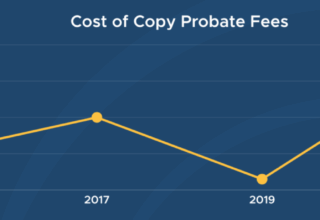
Our advisory panel member Charlotte Ponder is part of the driving force behind the Industry Working Group on Electronic Execution of Documents.
The Industry Working Group (IWG), a task force formed by the Ministry of Justice, is responsible for establishing guidelines for using electronic signatures. Since June 2021, Charlotte and her fellow members of the IWG have been working hard on addressing practical issues relating to the electronic execution of documents across law and industry.
The IWG consists of experts with diverse skillsets from the legal, business and technology sections. Tasked with producing best practice guidelines for using electronic signatures for individuals, particularly those who are vulnerable, the Group were also asked to consider different commercial transactions and analyse the security and reliability of a range of technologies. In addition, they are considering the solutions to the challenges arising from using electronic signatures from a practical and safeguarding perspective – particularly regarding the prevention of potential fraud.
In 2017 the Law Commission confirmed that businesses could legally use electronic signatures safely and with confidence for most purposes. However, the industry needed the assurance to adopt them.
Significant progress has been made on the IWG’s terms of reference. They have published an interim report containing recommendations and cases for the use of electronic signatures in various settings. The release also includes a set of best practice guidelines for e-signatures to encourage use and confidence across many different types of transactions.
Charlotte is thrilled to now be a founding member of the Best Foundation, which aims to modernise the Estate planning sector whilst ensuring the public receives the best advice from accountable professionals. Digital innovation is at the heart of the BEST Foundation, and it is something that Charlotte also highly values. She says:
“I have always been alive to the power of technology to provide additional efficiencies and protections, resulting in an improved customer journey. In addition, I have always believed that electronic signatures can offer other safeguards beyond those available through traditional signing methods, and technology has always been at the forefront of my mind when establishing processes.
I look forward to seeing an increase in the use of electronic signatures across law and business in the future. I hope the Group’s interim report gives others the confidence to use electronic signatures.”
A copy of the report can be viewed here
The IWG will produce a further report towards the end of 2022, focusing on potential areas for reform. Should you wish to bring something to the attention of the IWG concerning this, please get in touch with Charlotte directly.


